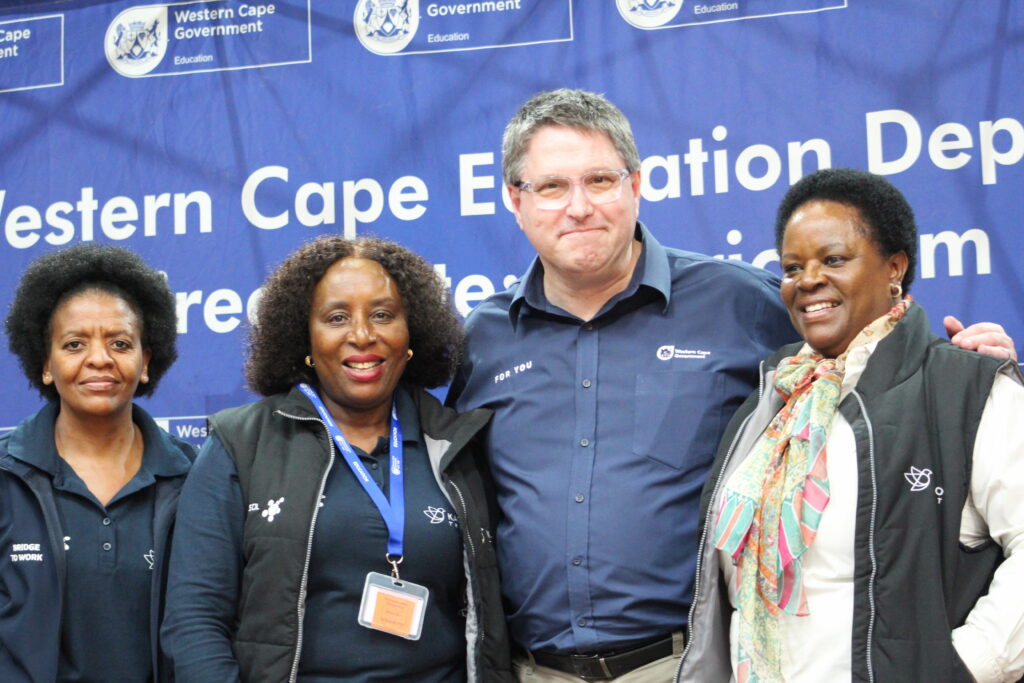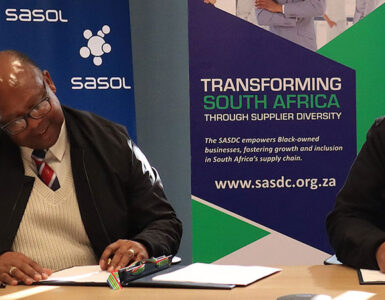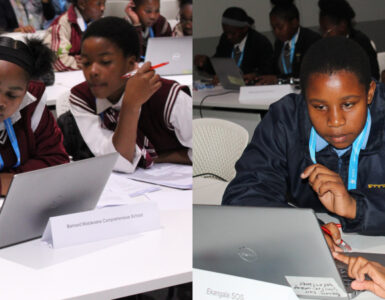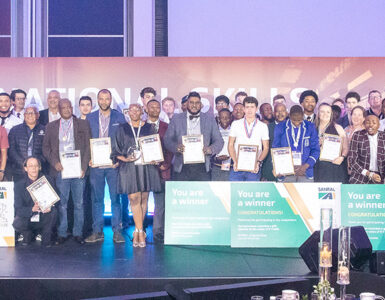The Sasol Foundation, in partnership with Kagiso Trust, the Department of Basic Education and the Department of Higher Education and Training, has launched the provisional stage of the 2025 National Skills Competition — a nationwide platform designed to showcase and strengthen the technical and vocational talents of South Africa’s youth.
“The Sasol Foundation has been a driving force behind the competition since 2018, investing in technical and vocational education to help close South Africa’s skills gap. By supporting learners, teachers and TVET students, Sasol is building stronger communities and contributing to the country’s future workforce,” said Tshamani Mathebula, Head of the Sasol Foundation.
This crucial stage of the competition brings together learners, teachers and TVET college students from across all nine provinces as they showcase their technical and vocational skills in a wide range of disciplines. It represents an important milestone in identifying the country’s top technical talent, while giving participants the opportunity to demonstrate their abilities in real-world, industry-relevant tasks.

Provisional Rounds
The provisional rounds are the foundation of the National Skills Competition. They provide a platform for provincial champions, learners, teachers and TVET students to compete within their own regions before progressing further in their skills development journey.
By competing at this level, participants are not only testing their technical expertise but also building confidence, developing problem-solving abilities, and learning to operate under pressure, all essential qualities for success in the workplace and beyond.
“The provisional stage is where the journey begins for our participants. It is where they build resilience, showcase their creativity, and prove their readiness to be part of South Africa’s skills revolution. As Sasol Foundation, we believe in creating opportunities at every level, because that is how we transform potential into excellence,” said Ms Charlotte Mokoena, Sasol Executive Vice President: Human Resources and Corporate Affairs.
Competitors and categories
This year’s provisional competitions are open to:
- Learners from technical schools across all nine provinces,
- Teachers who play a critical role in shaping technical education, and
- TVET college students from Centres of Specialisation.
Participants are competing in a variety of specialisations, including:
- Automotive
- Fitting and Machining (Fitter and Turner)
- Welding and Metalwork
- Electrical Power Systems
- Electronics and Digital Systems
- Bricklaying and Civil Construction
- Plumbing and Civil Services
- Woodworking and Rigging
- Engineering Graphics and Design (EGD – Manual)
- Computer-Aided Design (CAD)
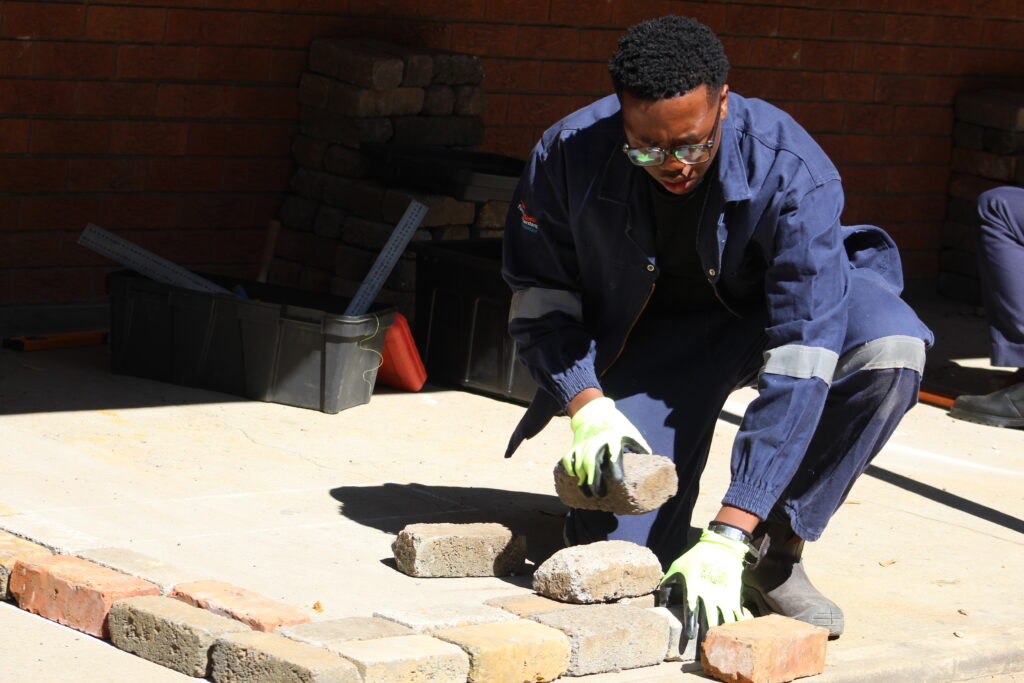
Each of these categories reflects skills that are vital to South Africa’s economy, addressing critical needs in industries such as construction, energy, and manufacturing.
The inclusion of both learners and teachers in the provisional stage is a defining feature of the competition. Teachers are not only mentors but also participants in their own right, competing in specialised categories that highlight their technical knowledge and teaching capabilities.
Teacher Involvement
“The involvement of teachers is particularly important because they are at the heart of skills development. By recognising their role and showcasing their expertise, we are reinforcing the importance of strong technical education in schools and colleges,” explained Ms Gao Mothoagae, Sasol Vice President: Corporate Social Investment and Sasol Foundation.
At the heart of the provisional competitions is the focus on practical, hands-on skills. Tasks are drawn from real-life, industry-based scenarios, ensuring that participants are tested on the kinds of challenges they would face in the workplace. This approach strengthens the link between education and employment, helping to close the gap between what learners are taught and what industry requires.
The competition also aligns with national priorities by:
- Supporting the three-stream model in education, which balances academic, technical/vocational, and occupational pathways.
- Contributing to the National Development Plan 2030 goal of producing 30,000 artisans annually.
- Fostering inclusivity by providing opportunities to learners and educators from diverse backgrounds and communities.
